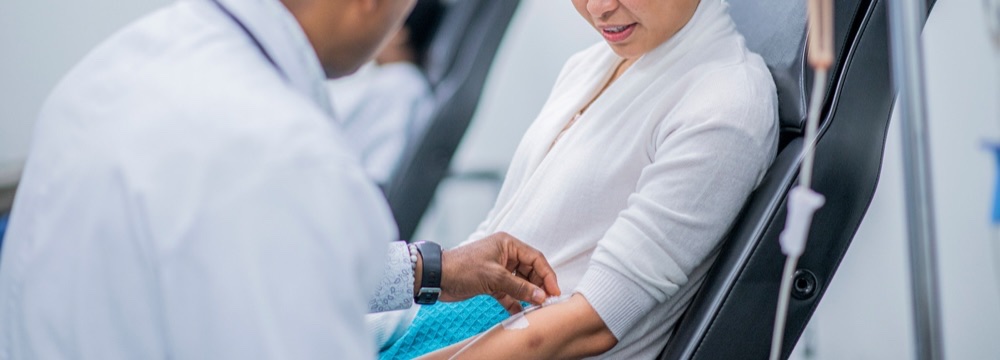Cardiotoxicity – What It Is and What to Do

Cardiotoxicity is a term used to describe damage to the heart caused by specific cancer treatments. It is essential to discuss cardiotoxicity with your cardiologist if you have cancer treatment because some radiation and chemotherapy have adverse effects on the heart. By coordinating your care with your oncologist and your cardiologist, you can minimize the risk of heart problems due to your cancer treatment.
You may be wondering how common cardiotoxicity is. After all, you may have known patients undergoing chemotherapy and radiation but never having any heart problems. The fact is that cardiotoxicity is relatively rare. However, the effects of cardiotoxicity may not be apparent during or immediately after your cancer treatment. Some patients develop symptomatic cardiotoxicity years after their treatment. In some cases, cardiotoxicity reduces the ability of your heart to pump blood around your body; however, in severe cases, it can lead to heart failure.
Cardiotoxicity is not limited to adult patients. Children who undergo cancer treatment may also experience heart problems as a result. However, in most cases, cardiotoxicity occurs in adults.
Some of the concerns of cardiotoxicity include
- Blood pressure changes
- Bradycardia or slow heartbeat
- Tachycardia or fast heart rhythms
- Coronary artery disease
- Heart attack
- Valve disease and
- Pericarditis, or thickening in the lining of the heart
These conditions caused by prior cancer treatment may result in chest pain, shortness of breath, dizziness, cardiac arrhythmia, and fluid buildup in the legs, amongst other symptoms.
When Should You Be on the Lookout? – What It Is and What to Do
Not all cancer treatments have been shown to cause cardiotoxicity. Those that do include any radiation therapy to the chest. While radiation therapy has become extremely precise, other body structures, including the heart, may be affected by radiation beams. Over time, this can damage heart cells and reduce the heart’s ability to pump blood. Certain chemotherapy medications, specifically anthracyclines, can increase the risk of cardiotoxicity. Other drugs, including trastuzumab, can cause cardiomyopathy, mainly if used with anthracyclines for chemotherapy.
Your cardiologist will guide you on what to look for in cardiotoxicity. They may also set up a screening regimen if you are at higher risk of heart damage due to cancer treatment. Several tests can measure the heart’s function and see if your cancer treatment has damaged it. This includes simple echocardiograms or stress tests up to an MRI or CT scan.
What Are the Treatments for Cardiotoxicity?
Your cardiologist will work with your oncologist to minimize the potential effects of cardiotoxicity. However, for patients that do experience the condition, the goal is to alternately swap or stop medications that may worsen the heart’s condition while potentially starting drugs that improve it. Common medicines used to counteract cardiotoxicity include ace inhibitors, beta-blockers, diuretics, and vasodilators, which can help the heart pump blood around the body more efficiently.
Is There a Way to Prevent Cardiotoxicity?
The short answer is that there is no way to prevent cardiotoxicity without stopping cancer treatment. However, it is possible to catch cardiotoxicity in its earliest stages before it has impacted heart function. By working closely with your cardiologist and oncologist, you can receive life-saving cancer treatment while keeping an eye on your heart and swiftly moving toward adjusting medications and procedures to ensure its best long-term function.
Some cases of cardiotoxicity can be reversed, but others require longer-term medical therapy. However, when you speak to your oncologist and cardiologist, they will offer guidance on treatment options that may minimize the potential effects on the heart. Ultimately, any treatment you undergo is carefully weighed against the potential risks and considerations. In the meantime, we encourage you to contact our office to learn more, especially if you are preparing to undergo cancer therapy and are at risk of cardiotoxicity.







